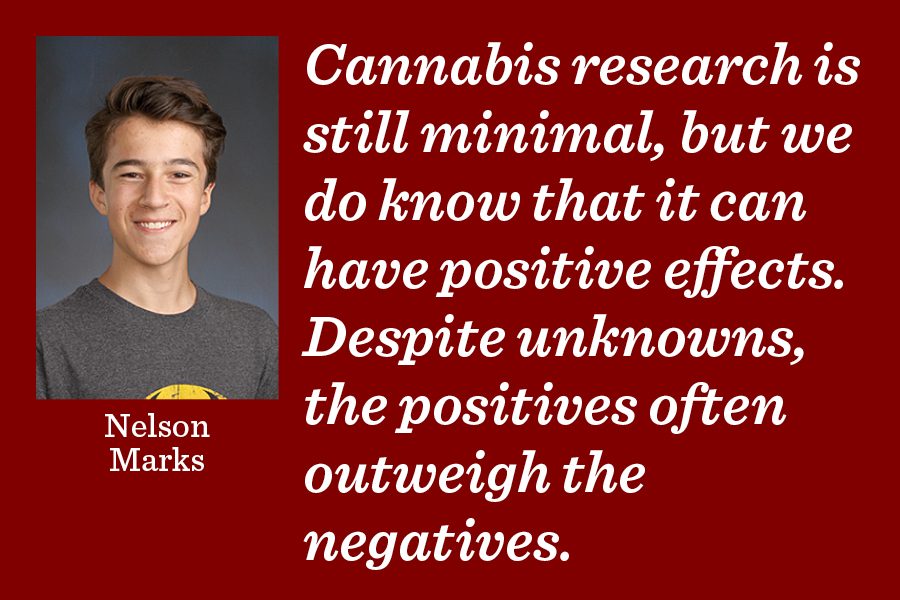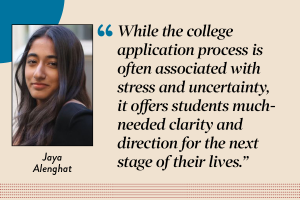Legal cannabis for all helps those affected by illness
April 24, 2019
In June 1995, Sophie was diagnosed with infantile spasms, as reported in Bonnie Goldstein’s book “Cannabis Revealed.” At three months old, neurologists began a rigorous course of benzodiazepines and steroids. By nine months, she was on three antiepileptic medications, but the seizures didn’t stop. Over the next 19 years, Sophie tried 22 drugs, two ketogenic diets, Chinese herb treatments, acupuncture and osteopathy still without a known cause for her illness. Sophie’s mom heard that cannabis, THC and CBD could treat seizures. In December 2013, Sophie was treated with CBD-rich oil. Two weeks later, she had her first seizure-free day and followed with several weeks seizure-free.
Without access to legal cannabis, success like this is often impossible. Fortunately, the Illinois General Assembly has plans to legalize cannabis use for all adults before the end of the session in May, and the effort deserves our support.
The Controlled Substances Act of 1971 passed under President Richard Nixon classifies drugs into categories. Schedule One, the most restrictive category, includes drugs with no accepted medical use such as heroin, bath salts, ecstasy and cannabis products. This law unfairly represents cannabis because it has been scientifically proven that cannabis does have medical uses. Many people with illnesses such as epilepsy, chronic pain, PTSD and Tourette’s syndrome can be treated with cannabis products.
Legalizing cannabis for adults would make it easier for underaged audiences to find and use. Some might also be afraid of medical users re-selling the cannabis they get. This is isn’t a problem in most cases because almost all afflictions only need a small amount of cannabis to relieve pain. An increasingly popular form of using THC and CBD is through an oil or ointment. Many of these oils have a very low amount of THC that isn’t enough for people to experience recreational effects of cannabis but can still be used as a treatment.
Not only is the Controlled Substances Act unfair, it’s also deeply surrounded by racism. Historical documents reveal this policy was used to control minorities and the anti-war effort. Times have changed and we now know legalization of medical cannabis might help us more than hurt us. The idea of treating patients while bringing in revenue for the city is supported by many, including Chicago Mayor-elect Lori Lightfoot, who wants to ensure more tax revenue is spent in minority neighborhoods.
Cannabis research is still minimal, but we do know that it can have positive effects on neurological, respiratory, circulatory and digestive systems, as well as others. Despite the unknowns, the positives often outweigh the negatives, like they did for Sophie.
You can help people like Sophie just by sharing your opinion to help spark debate. Legalizing marijuana for all adults offers recreational use but mostly helps those with medical needs and will urge other states to follow Illinois. By supporting this legislation, we can improve many lives affected by illnesses.




























































